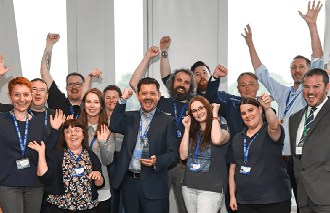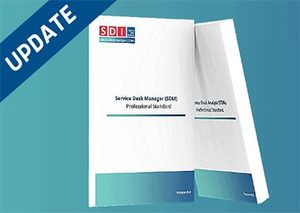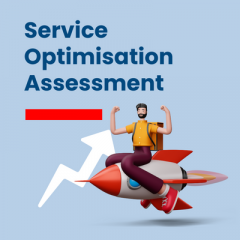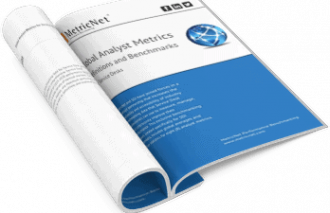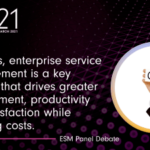
By Zena Everitt, SDI21 Keynote Speaker
As schools reopen, the UK government has launched a media campaign encouraging us to go back to the office. The CBI have warned of our city centres becoming ghost towns if we don’t. We’ve saved the NHS, now we have to save Prets.
Yet many people are well in the groove of working from home and have no intention of going back.
If you are facing this choice, here’s some career considerations to factor in.
Fact: We get more done at home
This massive Working From Home exercise has proved to even the most old-school manager that work gets done even when people aren’t being watched.
Having overcome initial technical glitches, childcare stresses, domestic chore squabbles and health worries, the majority of people I talk to have become way more productive at home. Less distractions mean they can knuckle down and think. It shows how bonkers office life has become: it is hard to do real work at your actual place of work.
Sadly, too many Leaders hate a vacuum and have filled their teams’ calendars up with meetings to recreate that bonkers schedule. On balance though, our higher value tasks are still easier to tackle at home than in an open plan office.
Flexible and remote working will be a much more acceptable part of working life for all of us in future. What’s up for discussion is how much time we will spend at home vs. back in the office.
What do you trade off when you ditch the commute?
Faced with a decision of staying at home, returning to work, or adopting a hybrid rhythm between the two, the decision is likely to come down to how much travel you can tolerate.
Do you want to stand at Godalming station on a dark Monday morning when the clocks go back, hoping that the 07.27 to Waterloo turns up? What’s the point of socially distancing from your friends all weekend if you are squashed up to strangers on the tube?
Would you be happier if you went for a run first thing, logged on at 08.00 and got an hour of focused work in before your first meeting? Of course you would be.
Are you missing something here though? Does cancelling your commute mean sabotaging your long-term career prospects?
The value of a personal appearance
Research tells us that while people are happier and more productive when they work remotely, their promotion prospects suffer. The people that were in the office climbed the greasy pole quicker than their more effective colleagues at home. Why? They were better known, they had those serendipitous conversations that highlight opportunities, they had better networks, more informal information from spontaneous chats, they were a part of the soul of the office. You can’t curate this virtually.
Organisations are (mostly) much more capable at remote managing since that research was done. Tools to communicate and monitor performance have improved too. But human factors still apply. We are social animals after all. No matter how creative you are with your tech, there are times when face to face is best for the business and best for your career too. Influencing is much easier in person.
Some tasks are still better executed in a shared physical space, like brainstorming, launching new projects, and building social connections. Contrived chatrooms are a poor substitute for spontaneous conversations.
Leaders especially need to turn up if they have staff in the office. You can only truly take the temperature of the team by feeling it yourself. What message does it give if they are in, and you’re not?
Your week will be activity driven
From now on where you work should be determined by the activities you need to do. For concentrating on deep work, stay at home. For a day of 1:1s or client workshops, go into your office or hub. Get your team together physically only when you need to. Make meetings count with pithy agendas and pace. Limit exhausting virtual meetings as much as you can: for decision making and problem solving, not dull updates. Choose who needs in-person conversations and be prepared to flex this as capability and moods adjust; keep asking what works and what people need.
The rhythm of the week will likely change to a blend of both work and home.
This will take better planning and assertive communication: you can’t have half the team wanting Friday brainstorms when the other half want to stay at home. Flexible working really will mean being flexible: developing a tolerance for changing routines as we adjust our working pattern to meet differing demands and activities.
Maintain ‘career capital’
If circumstances dictate that you remain at home, then figure out how you can stay visible and involved.
Travel to a socially distanced coffee with your Boss and team if you can; pick up the phone more often to stay in touch. Don’t let people make assumptions about your career goals. Push for career conversations to make your ambitions and contribution clear. Grab any opportunities for networking you can. Use your saved commuting time to learn more about your area of expertise. Find opportunities to demonstrate it.
We hope that helps; please feel free to share it.
About Zena
It looks like Zena will be Crazy Busy herself this autumn helping people figure all this out. Please get in touch if you want some Crazy Busy sessions to reboot productivity (and help you cut back on meetings and distractions) or executive coaching to help you show up as a successful Leader to meet these challenges: www.zenaeverett.com

